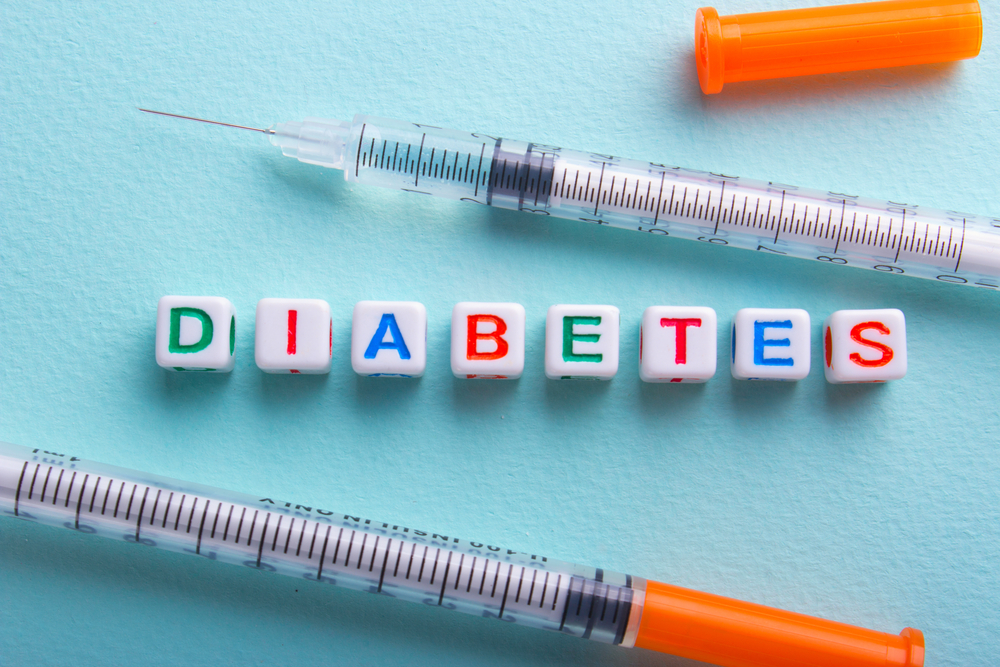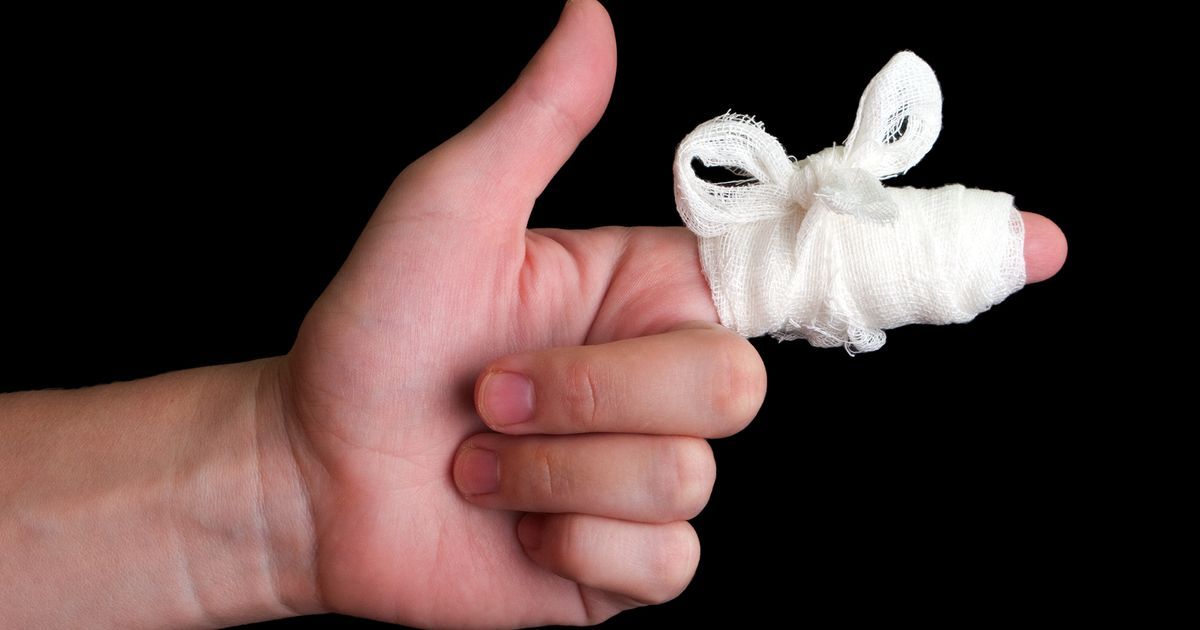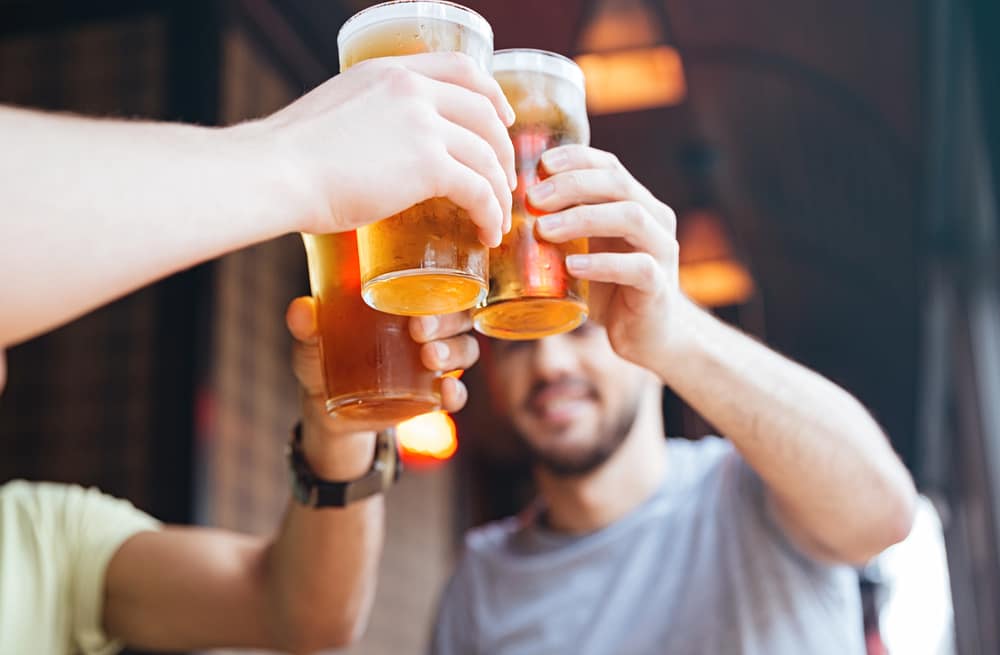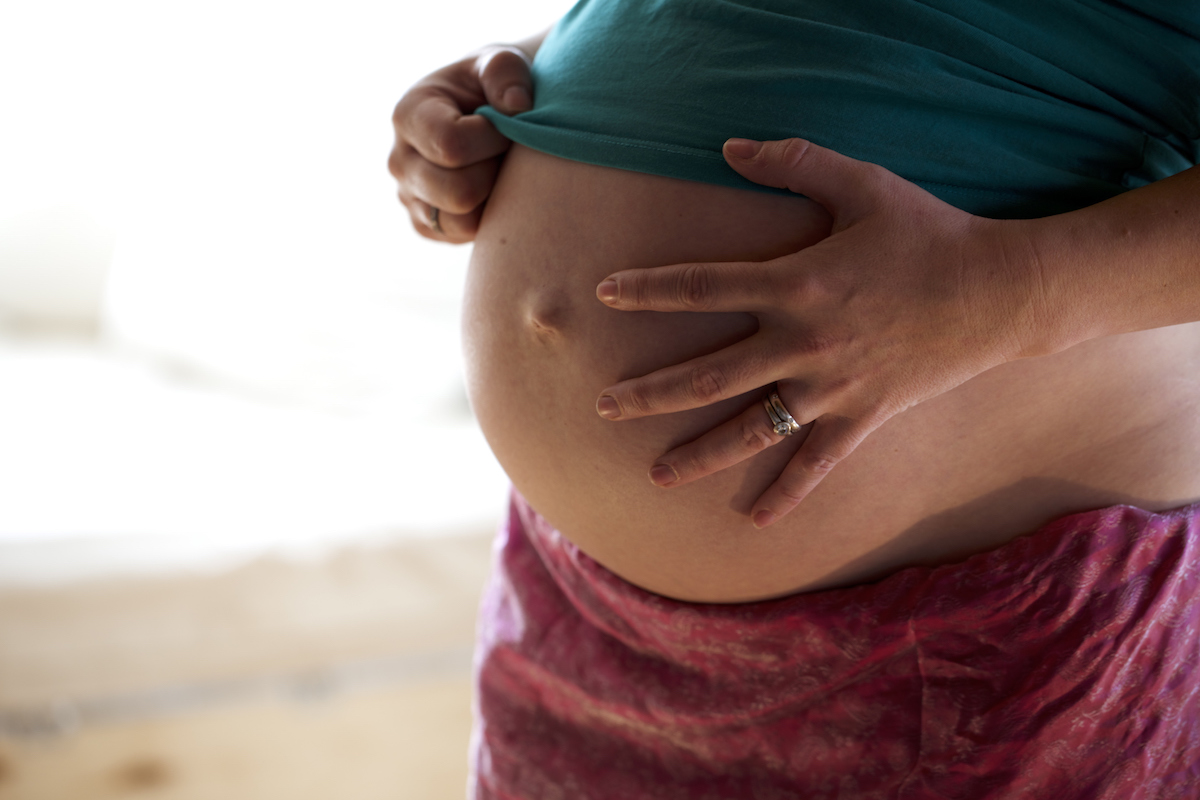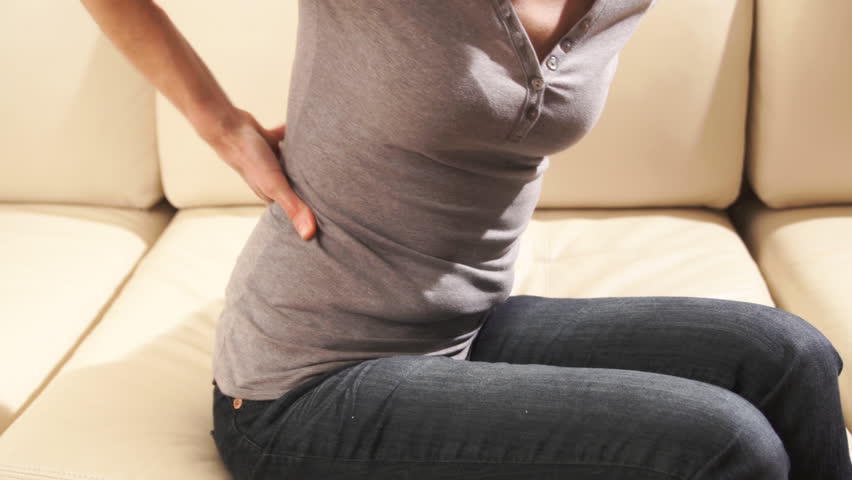Contents:
- Medical Video: Treating Low Blood Sugar | Hypoglycemia | Nucleus Health
- What are the causes and signs of hypoglycemia in diabetic patients who are fasting?
- Then, what are the causes and signs if you have hyperglycemia during fasting?
- Who is most at risk of experiencing hypoglycemia / hyperglycemia?
- Tips for people with diabetes who fast to avoid the risk of complications related to blood sugar
- How to take diabetes medication when fasting?
Medical Video: Treating Low Blood Sugar | Hypoglycemia | Nucleus Health
Fasting can affect the body's blood sugar levels. That is why people who have diabetes need to more closely monitor their blood sugar during the fasting month so that they do not experience complications of increased blood sugar (hyperglycemia) or even lack of sugar in the body (hypoglycemia).
What are the causes and signs of hypoglycemia in diabetic patients who are fasting?
Food is an important source of energy for the body. After entering the body, food will be processed by the digestive system with the help of the hormone insulin to become glucose (blood sugar). Well, glucose is what will provide energy while you move all day long.
However, fasting limits your food intake for quite a long time. This makes the body not have enough glucose reserves to use as energy. As a result, blood sugar levels can gradually decrease.
Especially if you eat sahur with foods that are too sweet or high in carbohydrates (foods with high glycemic index values). Blood sugar levels will increase too high in the morning while the kidneys cannot produce the hormone insulin to compensate. This body response causes a decrease in blood sugar to occur in a fast time and the decline can be quite drastic. Although it can be overcome by injecting insulin to increase the production of the hormone insulin, glucose levels cannot easily return to the normal range.
If your blood sugar level is lower than it should be (<70 mg / dl), you can say you have hypoglycemia. Common symptoms of fasting hypoglycemia include feeling hunger, sweating, weakness, anxiety and fatigue, palpitations, and paler faces.
You need to be aware of this condition. According to one study, cases of hypoglycemia in Ramadan increased to 4.7 times in type 1 and 7.5 times in patients with type 2 diabetes.
Hypoglycemia can occur suddenly. If not handled properly, a drastic decrease in blood sugar can cause dizziness to lose consciousness, such as fainting, seizures, or even coma.
The risk of decreasing sugar deficiency to a very severe level can be caused by many things, such as the use of insulin or inappropriate diabetes medications, changes in drug dosages, to lifestyle changes or life activities that are too drastic.
Then, what are the causes and signs if you have hyperglycemia during fasting?
Conversely, high blood sugar, also known as hyperglycemia, occurs when glucose levels increase abnormally in a fast time. In diabetic patients, starving bodies will burn fat deposits to get glucose reserves. However, glucose will not be able to enter the cell because the body does not have enough insulin. This causes glucose that has already been made to accumulate in the blood so that blood sugar levels soar.
Hyperglycemia is one of the most common complications of diabetes that can be fatal. The common symptoms of hyperglycemia are urinating all day long, feeling very thirsty, blurred vision, weakness and weakness, to headaches. If not treated or get proper treatment, symptoms can get worse to cause nausea, vomiting, shortness of breath, chronic dehydration, decreased consciousness such as fainting to coma, or even death.
Cases of hyperglycemia throughout Ramadan are reported to have increased by up to 5 times in type 2 diabetes patients, and tripled in type 1 diabetes patients. In people who have diabetes, the risk of hyperglycemia increases when the condition of diabetes is not managed properly, can with skip a dose of medication or when you don't follow a diet and exercise regimen.
Who is most at risk of experiencing hypoglycemia / hyperglycemia?
Lifestyle changes during the fasting month which incidentally limit / change the pattern of food intake and physical activities you do on a daily basis - including a schedule of taking medications / injections of insulin that change - can increase your risk of developing diabetes complications, if you don't manage your condition with well. Erratic and too extreme changes in blood sugar levels can be bad for your health.
Risks will increase if you:
- Have experienced severe hypoglycemia, especially in the last 3 months.
- Has a history of recurrent hypoglycemia.
- Pregnant.
- Undergoing heavy physical work.
- Has kidney problems.
- Less attention to the use of diabetes drugs, especially insulin and sulfonylurea insulin.
- Elderly with poor health conditions.
Tips for people with diabetes who fast to avoid the risk of complications related to blood sugar
If you are at risk of complications, it is important to do a few of the tips below to prevent unstable blood sugar fluctuations from occurring:
- Check your blood sugar regularly, several times a day. This is especially important if you use insulin.
- Eat sahur with foods high in complex carbohydrates and fibrous.
- Drink plenty of water when breaking fast and sahur.
- Keep exercise while fasting, but avoid physical activity that is too heavy because it can cause hypoglycemia.
- If you begin to experience symptoms of hypoglycemia or hyperglycemia, or have uncontrolled blood sugar levels, immediately go to the doctor for a check-up.
How to take diabetes medication when fasting?
Because fasting changes your schedule for taking diabetes medication, consider the following tips to prevent hypo / hyperglycemia. Because the schedule for taking irregular diabetes medication can also increase your risk of one of these complications.
- If you are prescribed metformin medication, consume 2/3 doses when breaking and 1/3 at dawn.
- If you are prescribed sulfonylurea drugs, such as Glibenclamide, Glipzide, Glimepiride). doctors will usually reduce the dosage from 2 times a day to 1 time a day at dawn. But if you have been prescribed from the beginning only once a day, the dose will be transferred to after breaking the fast.
- For oral insulin secretagogue drugs, you can consume 2 times a day: 1 time at dawn and 1 time after breaking.
- DDP-4 inhibitor drugs (such as Vildagliptin, Sitagliptin, Saxagliptin and Lingliptin), do not need a dose adjustment. The combination of these drugs with metformin has a lower risk of hypoglycemia when compared with a combination of metformin and sulfonylurea drugs.
But remember! Do not change the schedule or dose of your own medication without the doctor's knowledge. Always discuss changes in the pattern of taking medication with a doctor who understands your condition, preferably from a long time before starting fasting so the body can adapt to the new schedule.

